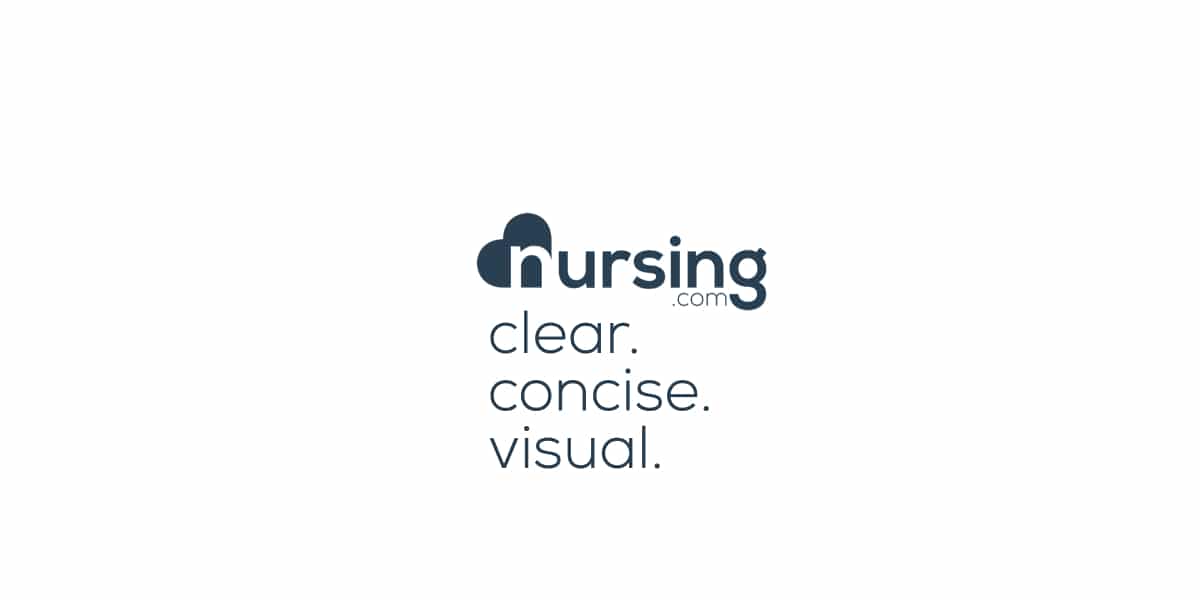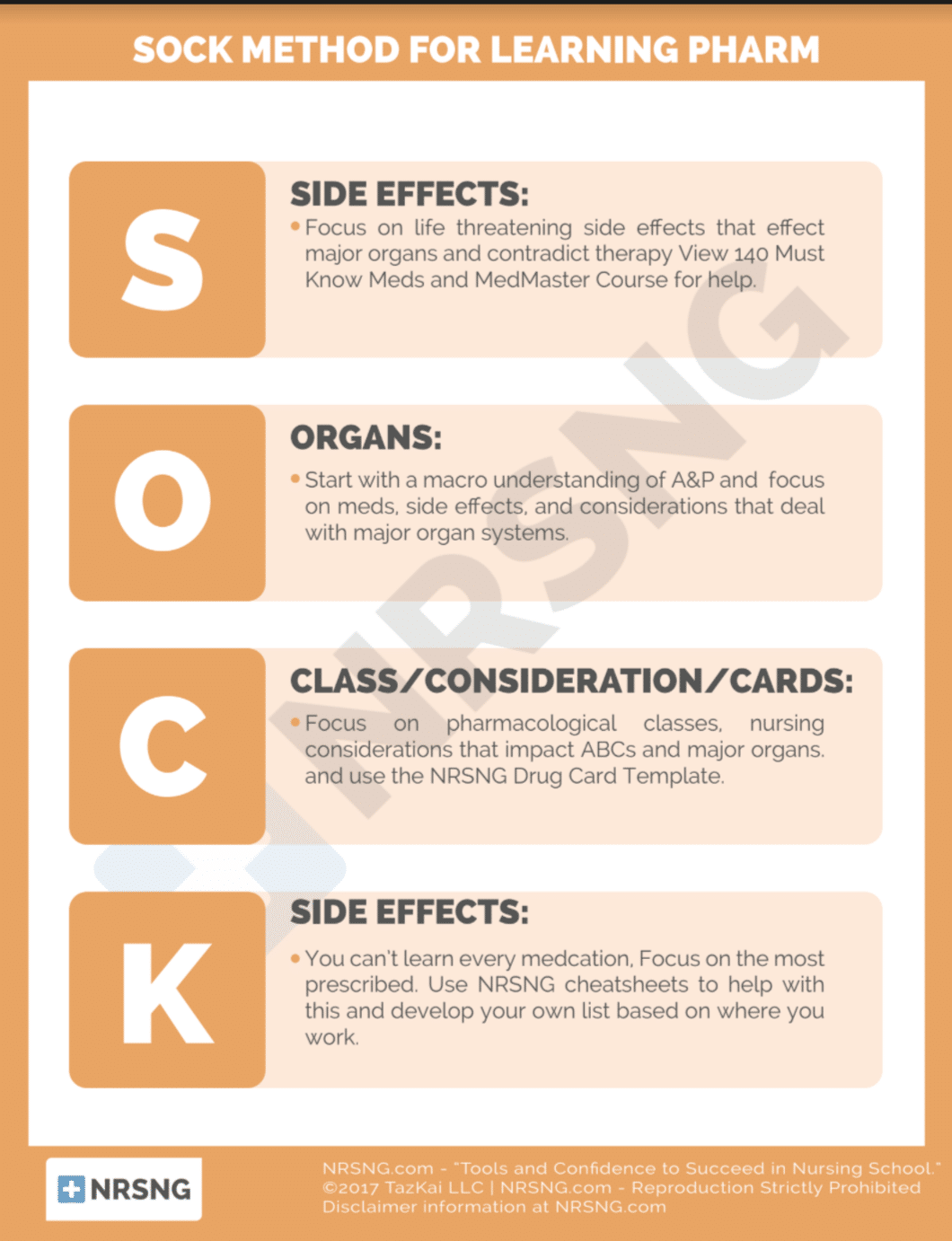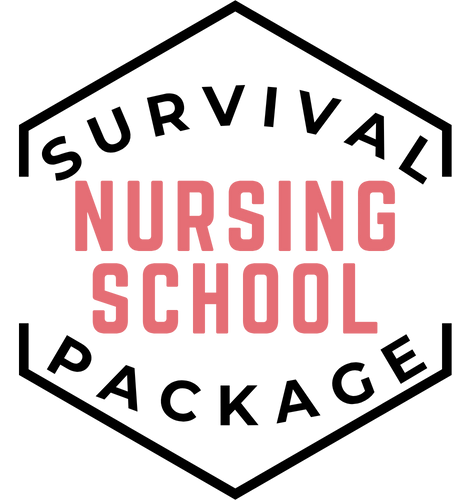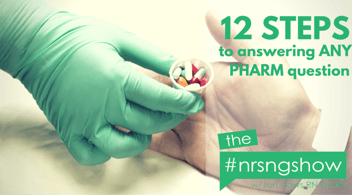12 Study Tips for How to Study for Pharmacology in Nursing School | NURSING.com

Let’s face it. Pharmacology is hard. It is one of the toughest subjects in a nursing program. So if it is on your course list this coming semester, you’re probably feeling anxious and overwhelmed already.
You’re not alone. Many students, including me, have been where you are, and some even felt like they didn’t belong to nursing school anymore.
One of the most common questions we get is; “How to study for pharmacology in nursing school”?
I totally understand this. After all, being subjected to an endless list of medications and their classifications can be stressful.
Despite being difficult, pharmacology is an extremely necessary class. This is why you need a plan to handle it successfully and pass with good grades.
If you need to boost your pharmacology grades, pay keen attention to this information as I shall discuss my top tried and tested tips on how to study for pharmacology nursing.
The Common Issues Nursing Students Face When Studying For Pharmacology
Pharmacology is the study of how drugs work in the body, their side effects, and their uses.
The majority of nursing students view pharmacology as a challenging subject because you need to know the name of the drugs, their side effects, uses in the body, and nursing interventions in such a short time.
Usually, a student takes a pharmacology class in one semester and is expected to learn up to even 10 chapters in 3 weeks. This can be very overwhelming, especially if you lack an effective study program.
Here are some common problems that students encounter while studying for their pharmacology course.
📚 Cramming
Trying to take in too much information at once is a recipe for disaster when it comes to studying pharmacology.
Juggling other courses alongside pharmacology is very difficult. Regardless of that, you need to set aside time to study and prepare for your pharmacology exams.
Cramming may help you pass the exams, but it would be useless to get good grades yet fail to put into practice what you learned.
📝 Creating the Right Study Method to Use
As a student, you are expected to learn a lot to pass your pharmacology exams but within a short time. This can leave you defeated and overwhelmed as you try to develop a study method.
Additionally, some students do better studying on their own, while others need group discussions to grasp information better. Either way, digesting every material can still be a challenge if your study method is not effective.
🧠 Attempting To Memorize Every Drug and Its Effects
You may find it difficult to memorize all the drugs, their effects, and uses. The best way to do this is through using suffixes and prefixes, as we shall see later on.
✏️ Differentiating Relevant Materials from Irrelevant Ones
As a student you may wonder, “Should I read every chapter and go through all PowerPoint presentations?”
Also, check out these 4 tools to master your Pharmacology course as a nursing student.
Top Tips on How to Study For Pharmacology Nursing
I can tell you for a fact that studying drugs, their uses, and side effects on human beings is not easy. It requires a lot of patience and determination.
At first, I was scared of this course, mainly because of the amount of information I had to learn within a short time. However, having scored an A on my final exam, I can attest to you that it is very doable. Therefore, fear not. I made it, and so can you.
When other students asked me how I managed to excel in this course, I decided to put together my top tips and ideas.

1. Focus on Generic Name
Instead of trying to memorize individual drug names, focus on prefixes & suffixes and classification of the generic name.
Most drugs in the same class have the same effects and work on the same body part. These classes usually have the same prefixes and suffixes.
If you opt to remember drugs by their prefixes and suffixes rather than their names, you will study the material more efficiently. Additionally, this helps prevent learning individual side effects and pharmacokinetic abilities of the drugs.
2. Create Flashcards
One of the best ways to study pharmacology is by using flashcards. You can either create your own using index cards or purchase ready-made ones.
While using the “SOCK method” to study for my nursing program, I created flashcards to test my memory and determine what I knew and didn’t.
From my experience, I realized that making flashcards is the best study method for pharmacology since you have to read the material and decide what to write on your card. This requires you to learn the material again.
Once you create the card, it is advisable to repeat them aloud.
However, do not create your flashcards 1 or 2 days before exams. Such a short time will not allow you to study them properly. Instead, make them after every class.
Failure to go through what you learned in class the same day usually results in your brain forgetting 70-80% of the content. Making flashcards help prevent this.
Suppose you can find someone else to study with using flashcards, the better. If they don’t know or understand some questions, teaching them is also a better way to improve your understanding.
3. Invest In a Drug Guide
As you create your flashcards, you can quickly flip to the drug’s name and locate its side effects and the common nursing interventions.
This normally prevents you from going through the entire material, which sometimes contains irrelevant information.
A drug handbook/ study guide will condense down your search and give you the only relevant information you’re seeking.
4. Group Drugs According To Their Classifications
Every particular drug in the market belongs to a specific class. For example, whereas some are classified under Beta Blockers, others belong to the ACE inhibitors group.
In case a drug’s name ends in particular letters, ensure that others have almost the same suffix initials. No matter how good you are with names, cramming all of the drug names, in this case, is unrealistic.
As I mentioned initially, all drugs in the same class have almost the same effect on the body. Thus, the sooner you master the suffixes, the earlier you’ll know the class a specific medication falls under.
5. Seek Secondary Opinions from Other Learning Sources
You already have access to a ton of books and online resources for your pharmacology study program. However, some materials have very technical terms that you may not understand.
In this case, you can rely on second or third opinions from study guides.
You could also use our study tools with:
- Over 300 cheat sheets
- 760+ medical images
- 8 eBooks
- 165+ 3D anatomy models,
- And many others
These tools will help you understand better what you’re studying.
6. Create Silly and Fun Mnemonic or Acronyms
This was a fun way to remember some drugs during my time in nursing school. One mnemonic I still remember to this day is:
“Uncle Don has Alzheimer’s so he takes DONepezi“
If you’re not good at this, you can take advantage of the free resources out there with great mnemonics for pharmacology. Pinterest and Google are great places to begin.
7. Save Your Notes
For most nursing programs, medications will come up several times and may be applicable in different courses.
For instance, you will be taught about magnesium sulfate in your OB or women’s health course but come across it again in critical care or medical surgery.
It is, therefore, crucial to keep your notes, flashcards, books, and memory devices throughout your nursing program.
Do not forget to write down any mnemonic name you created in your notebook. This way, when you begin studying another course, you can easily locate it.
8. Make Your Professors Your Best Friends
Just like other nursing courses, tutors will be assigned to hold your hand through your pharmacology course.
If you don’t understand anything, it won’t cost you anything to ask. Your tutors and professors are there for you and want to help you.
Additionally, most nursing schools today offer online learning that enables students and tutors to interact better. You can also schedule an appointment with your tutor or attend a study session.
Therefore, in case you feel lost or require further explanation regarding a particular subject, do not hesitate to ask your course instructor for elaboration.
9. Relate the Action of a Drug with Its Side Effects
While studying medicine, it is practically impossible to memorize every side effect of a drug.
Therefore, to make your work easier, emphasize how the drug functions. For example, opioids as a class of drugs interfere with the central nervous system.
Almost every medicine produces side effects depending on the strength of the drug, allergic reactions, and the patient’s immune response.
Side effects likely to be experienced are drowsiness, breathing problems, and nausea.
10. Practice NCLEX-Type Questions.
Throughout my pharmacology course, I never came across simple questions such as “What is the use of Metoprolol?” and rarely will you find such questions in your exams.
To prepare better for your pharmacology tests, practice critical thinking and test-taking strategies. You can practice NCLEX-type questions on NURSING.com and eliminate text anxiety.
With only $1 for the first 3 days, you can practice and gain more knowledge to ace your nursing program.
If you’re struggling to answer any pharmacology questions, these 12 tips will significantly come in handy.
11. Create Time to Study
In Pharmacology class, studying is a must. What worked best for me was studying with a group.
Do not wait till the last day to cram everything- this is a lot of information to grasp at once. Instead, begin preparing early.
For instance, if you know that your exams are a week away, begin creating flashcards today and go over the mechanism of action.
For tomorrow, plan a one-hour reading session, using some time to go through the mechanism of action again.
Take a 10-minute break in between and spend the remaining time creating cards.
Whenever you get free time e.g., in the bus, go through some of your cards. It will be an added advantage if they’re on your phone, as you don’t need to carry them everywhere.
Creating time every day a week before your pharmacology test makes reading every relevant material more manageable than trying to understand everything one day before.
12. Do What Works Best For You
This is my final tip on how to study for pharmacology nursing. After all, it’s only you who knows what works best for you and what doesn’t.
Pharmacology doesn’t have to dread. Organize yourself and study intentionally. Avoid any distractions by putting your phone away, closing apps, or staying in a quiet place.
Dedicate 30 minutes of your time fully before taking a short break, then do this for some hours again before taking a long break.
Focus more on resources that work best for you, not your classmates, not your tutors, not your parents, but You!
For instance, if you realize that solo studying doesn’t work for you, focus on other tips such as joining discussion groups or seeking clarifications from your professor.
Maybe you enjoy watching Nursing.com visual lessons or love using your flashcard app as you wait for your bus back home. Whatever case, determine what works for you and stick to it.
Pharmacology Resources to Help You Study Better
From podcasts to online books and subscriptions, finding appropriate resources to study for your pharmacology course can be a challenge.
However, my favorite resource and one I’d highly recommend is the NURSING.com Nursing Student Academy.
With NURSING.com, you can access any medication resource for your pharmacology unit. But you’re not only limited to pharmacology, as you can use it throughout your entire nursing school.
Each module you choose contains NCLEX points, letting you focus only on relevant materials.
NURSING.com: Your All-In One Classroom
Did you know that 109,689 nursing school graduates FAILED the NCLEX® last year? Failing such a vital exam could destroy your dream of working in the medical field.
Luckily, Nursing.com understands this. Whether you want to study for your Pharmacology course or wish to pass your NCLEX exams, there is everything to suit your need.
NURSING.com Pharmacology Course
Taking the Pharmacology for Nursing (Med Master) course will prepare you adequately for your pharmacology exams.
With 266 lessons, 113 cheat sheets, and 431 questions, you will definitely be ready to tackle any pharmacology topic.
The key lessons you’ll learn from this course include:
- How to answer questions related to pharmacology
- The common medication suffixes and prefixes
- Drug card templates
- The 50 most commonly prescribed medicines
- Common pharmacological questions
- Well-explained visual lectures of common medications and mechanisms of actions
Yes, nursing school may be hard, and you’ve probably tried everything from podcasts, YouTube videos to apps without any success.
If you’re still facing failures in your nursing program, I bet it’s because you haven’t tried nursing.com yet!
To get started, all you have to do is follow these 4 simple steps:
- Watch lesson videos
- Review the study tools
- Take practice questions
- Take NCLEX® simulation
These 4 steps are all you need to excel in nursing school, pass your NCLEX exams and build your nursing career.
You can begin today by signing up for a 3-day trial. For a monthly subscription, you’ll get access to:
- Over 2000 lessons
- 2,100+ study tools
- 6,500+ practice questions
If you sign up for the 2-year plan, you get all these in a monthly plan and much more, including:
- 5 SIMCLEX attempts
- 200% NCLEX® Pass Money-Back Guarantee
In case you are unhappy with your membership (which is unlikely to happen), you will incur no additional charges if you cancel within your 3-day period.
But if it’s past your trial period, you can still cancel anytime with no penalties.
What are Nursing Students Saying about NURSING.com?
“Thank you so much for yanking me out of the quicksand and making me successful. I wish I had started this day 1 of nursing school.” From Gina, RN
“I went from a discouraged, stressed, cried every single week nursing student to . . . motivated and passionate . . . NURSING.com was just so much easier.” From Mercedes, RN
“I’ve seen my grades shoot through the roof, and the time I spend studying has literally cut in half.” From Clyde, RN
Pursuing pharmacology (or any other nursing course) can be overwhelming. Without proper study tools, you’re probably headed for failure.
Fortunately, you can still ace your grades by signing up for NURSING.com courses and taking advantage of the multiple learning materials available.
So whether you’re studying for pharmacology or any other unit, the options are endless. Sign up today and get started.
Lastly, believe in yourself. You can do this!
I’ll leave you with my favorite quote:
“Trust yourself. You know more than you think you do.” – Dr. Benjamin Spock
Try NURSING.com Now






